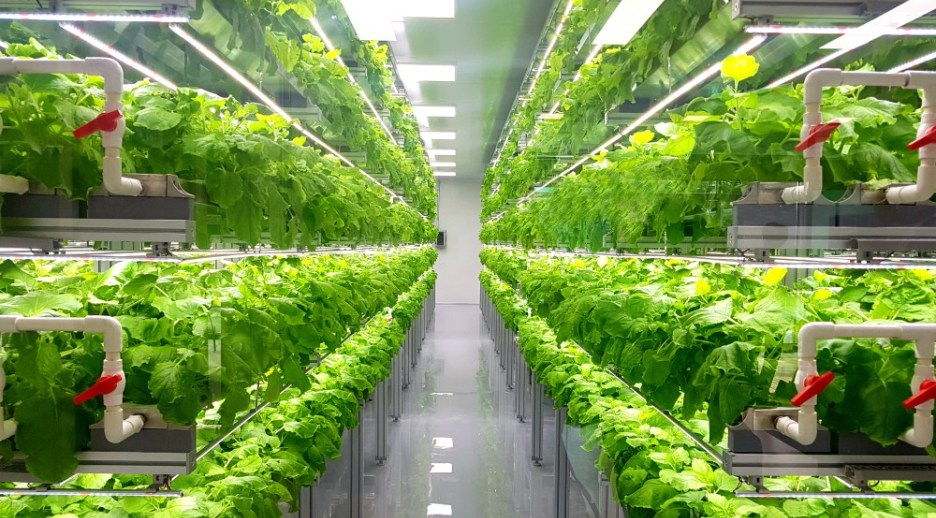As consumers increasingly demand to know exactly what they are eating, food of the future will be simpler, have fewer ingredients and be closer to homemade style, according to a new French report. Protéines XTC, a French consultancy firm that advises large food manufacturer groups, has predicted some key food trends for the coming years in its latest Food Vision report.
“We have a trend today towards what we might call ‘food sobriety,’ rather than having an interminable list of ingredients that we barely understand – because no one has any idea what xanthan gum is – and all the other things that might worry us,” said Protéines XTC director Xavier Terlet.
Related: Study: As Importance of Tech in Food Rises, Investment Lags
Terlet said that in less than five years, the list of ingredients in food items has dropped by 20 percent, especially when it comes to additives and colorants. For example, a French agricultural conference featured a preservative-free ham that was more grey in color, rather than the usual pink.
“A consumer who understands that this product is grey because it does not contain any nitrates, may find it more interesting than a pink ham,” Terlet said.
The report found that consumers are still looking for tasty food items, in addition to simple and healthy options. With regards to yogurt, Terlet said “… there are products made with soy, nuts…all of these products riff on flavor because consumers are not [only] looking for health in the yogurt aisle, but to find themselves something tasty.”
Consumers are always weighing these different factors when making choices about food, the report said, with new, innovative products trying to stand out for different reasons. One of these trends are “meatless meat” products, Terlet said, which may be interesting from an innovation standpoint, but may not fare as well due to their ingredients or marketing.
“For example, Beyond Burger: it has the color of steak, the flavor of steak, the texture of steak, but it is a completely plant-based product,” Terlet said. “I tasted it, and I was fooled by this product. But it is fake meat.”
He added that despite its novelty, the product had a long list of ingredients that consumers may not recognize, such as pea protein, rice protein and stabilizers, and was also relatively expensive.
Ultimately, the report concluded that consumers are becoming more demanding when it comes to understanding their food, with factors such as simplicity, natural ingredients, taste, enjoyment and cost all competing more than ever when it comes to consumers’ food choices.










Join or login to leave a comment
JOIN LOGIN